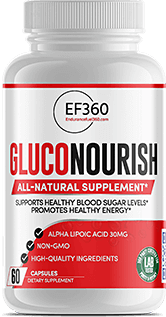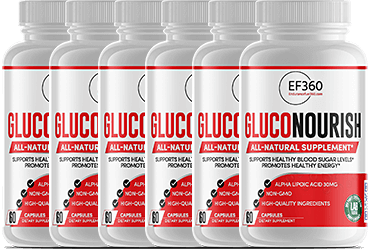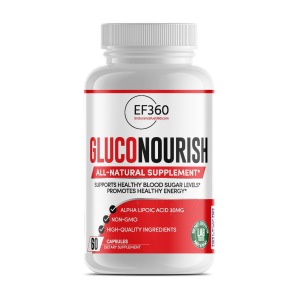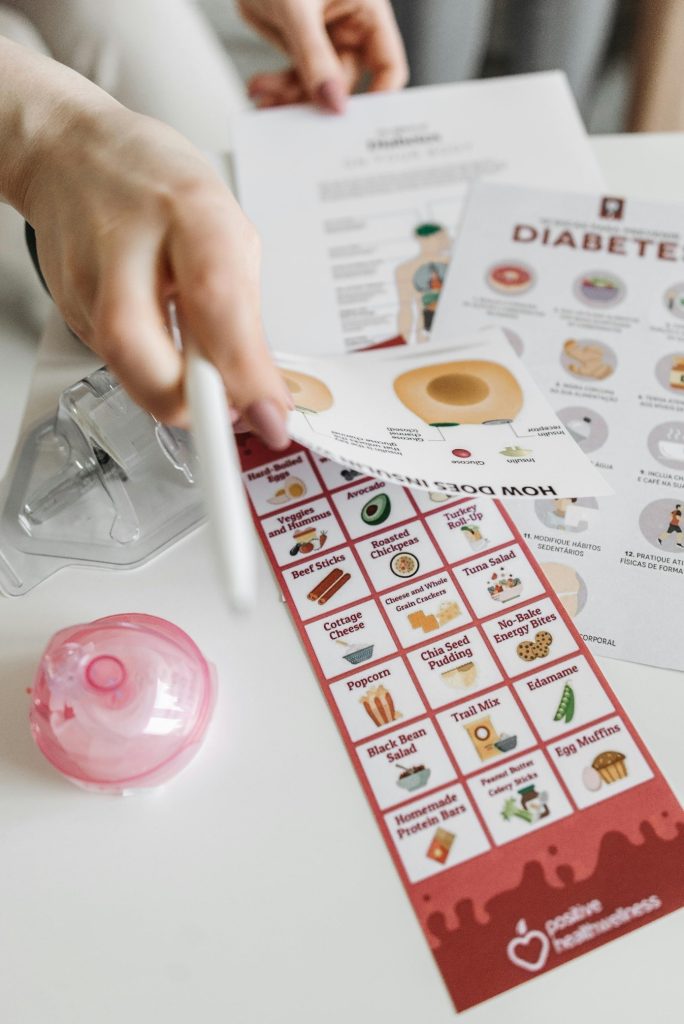Insulin resistance is a widespread health concern linked to a variety of chronic health conditions, including type 2 diabetes and heart disease. It occurs when the body’s cells become less responsive to insulin, a hormone crucial for regulating blood sugar levels. This guide aims to demystify insulin resistance, providing a deep dive into its causes, symptoms, and strategies for effective management, helping readers make informed decisions to enhance their health.
Exploring the Causes of Insulin Resistance
The causes of insulin resistance are multifaceted and can vary from person to person. Genetics can predispose individuals to the condition, particularly if there is a family history of diabetes. Excess body weight, especially around the abdomen, also plays a significant role in reducing insulin sensitivity. Lifestyle factors contribute as well; a lack of regular physical activity can lessen the effectiveness of insulin in the body. Additionally, the risk of developing insulin resistance naturally increases with age, especially as muscle mass decreases and adipose tissue tends to increase.

30 Day Supply
$39.95
GlucoNourish is formulated to support healthy blood sugar levels, cardiovascular health, immune health, and cognitive function.*
BEST SELLER

90 Day Supply
$105.00
GlucoNourish is formulated to support healthy blood sugar levels, cardiovascular health, immune health, and cognitive function.*

180 Day supply
$180.00
GlucoNourish is formulated to support healthy blood sugar levels, cardiovascular health, immune health, and cognitive function.*

Symptoms to Watch For
Insulin resistance often develops gradually and can do so without obvious symptoms initially. However, some indicators may suggest its presence. These include a constant or excessive hunger that does not abate after eating, a sense of fatigue or lethargy, particularly after meals, difficulty in concentrating or a feeling of being mentally ‘foggy.’ Another visible sign is weight gain around the waist, which is directly linked to how the body processes insulin.
Effective Management Strategies
Managing insulin resistance requires a comprehensive approach that involves several lifestyle adjustments. Diet plays a critical role; emphasizing a balanced intake of nutrients, particularly increasing fiber and reducing high-sugar and high-fat foods, can help improve insulin sensitivity. Regular physical activity is equally important, as it helps lower blood sugar levels and boosts insulin efficiency. Weight management is crucial since reducing body fat, particularly around the waist, can enhance the body’s response to insulin. Regular monitoring by healthcare professionals, along with medications like metformin when prescribed, can also be crucial in managing and mitigating the effects of insulin resistance.
Incorporating Changes into Daily Life
Implementing these changes can be challenging but is essential for managing insulin resistance effectively. Creating a structured plan to gradually modify one’s diet, introducing regular physical activity that is enjoyable, and setting achievable weight loss goals can significantly improve one’s health. Ongoing support from healthcare providers, coupled with reliable educational resources, is vital in navigating the complexities of insulin resistance.
Conclusion
Addressing insulin resistance effectively involves a clear understanding of the condition and a commitment to making informed lifestyle choices. Simple adjustments in diet, consistent exercise, and maintaining a healthy weight can significantly enhance insulin sensitivity and decrease the risk of developing diabetes. EF360 provides resources and guidance that can assist in making these lifestyle changes more manageable and effective, ensuring that each individual can achieve a healthier future. Making proactive choices today is crucial for long-term health benefits.


